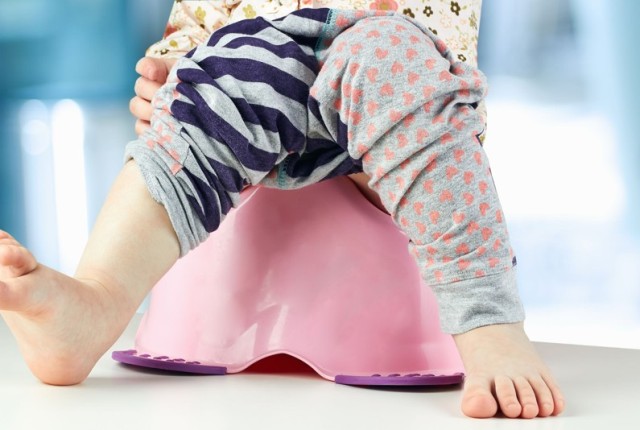Best Bedwetting Alarms Adult bed wetting is an exceptionally humiliating time and can lead to stretched relationships and seclusion for t...
Bed Wetting Solutions That Can Assist You and Your Kid
While a lot of children find out to go to the bathroom by the time they are around two approximately, lots of continue to have a problem w...
What is a Bed Wetting Alarm Pad?
Bed wetting is a humiliating circumstance no matter what the age of the person affected and the effects of bed wetting can affect the enti...
Do not Be Shy to Discuss Bedwetting
Nocturnal Enuresis alarms A few months after finishing my medical internship, about 2 years earlier, I got a chance to operate at among t...
When Should Kids Stop Wetting the Bed?
Enuresis Alarms Bedwetting is a common childhood problem. The medical term for it is nighttime enuresis. Many children are toilet trained...
Tips to Help Stop Bedwetting
Nighttime bedwetting is an extremely common problem. However that does not mean you do not wish to take actions to remove the problem e...
4 Ways To Stop Bedwetting In Children
There are 2 types of moms and dads trying to look after bedwetting in their children. A couple of choose to let their kids outgrow the ...


